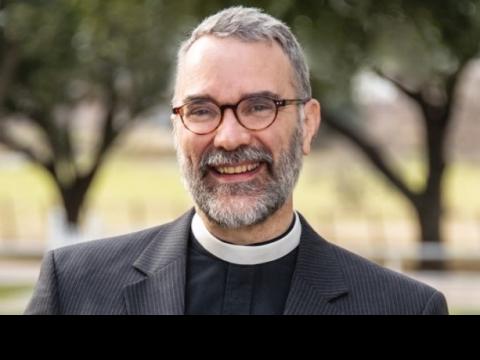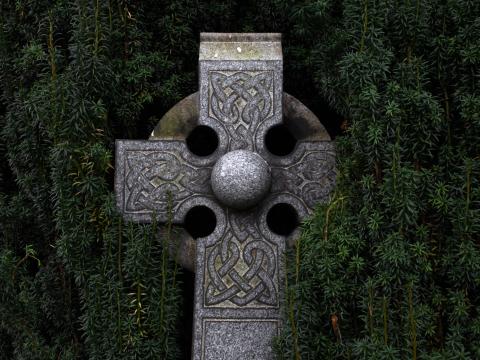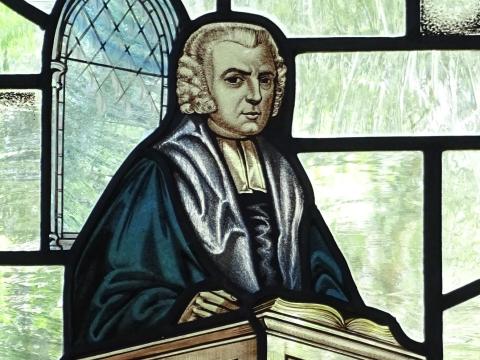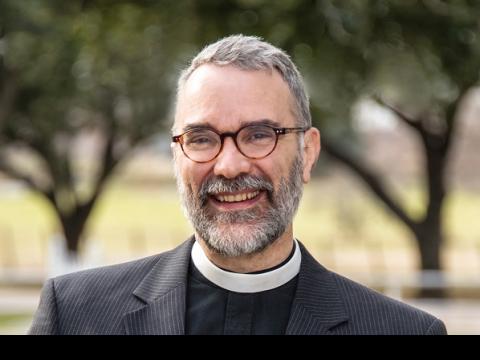Where is God?: Finding God in the Depths of Suffering
Two decades ago, in response to Christ’s call to offer care and counseling for the suffering, I embarked on a journey of caregiving. Throughout my now twenty-two years of serving as a psychotherapist and pastoral caregiver, I have immersed myself deeply in the realities of human suffering and confronted the prevailing darkness within our society.
Read more













